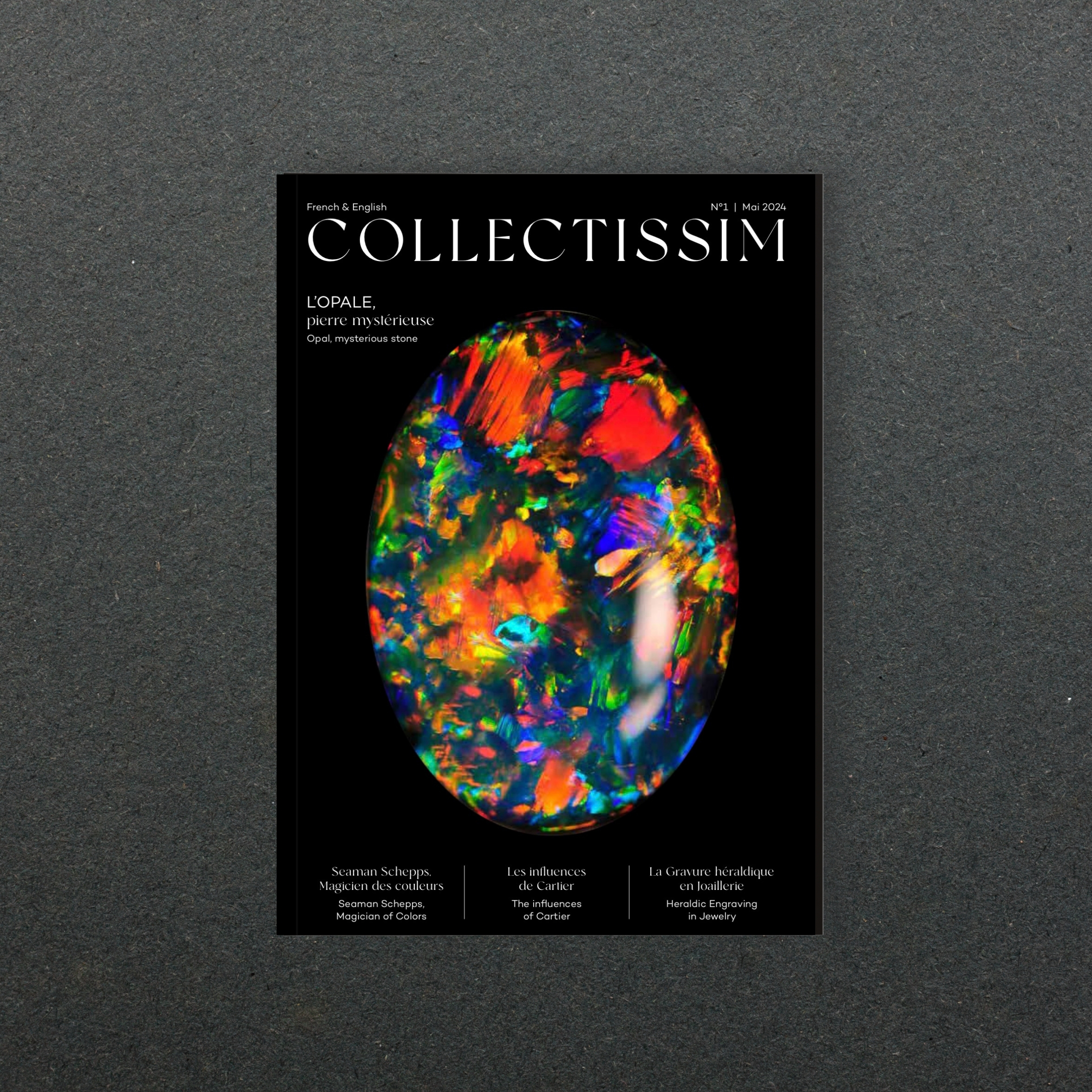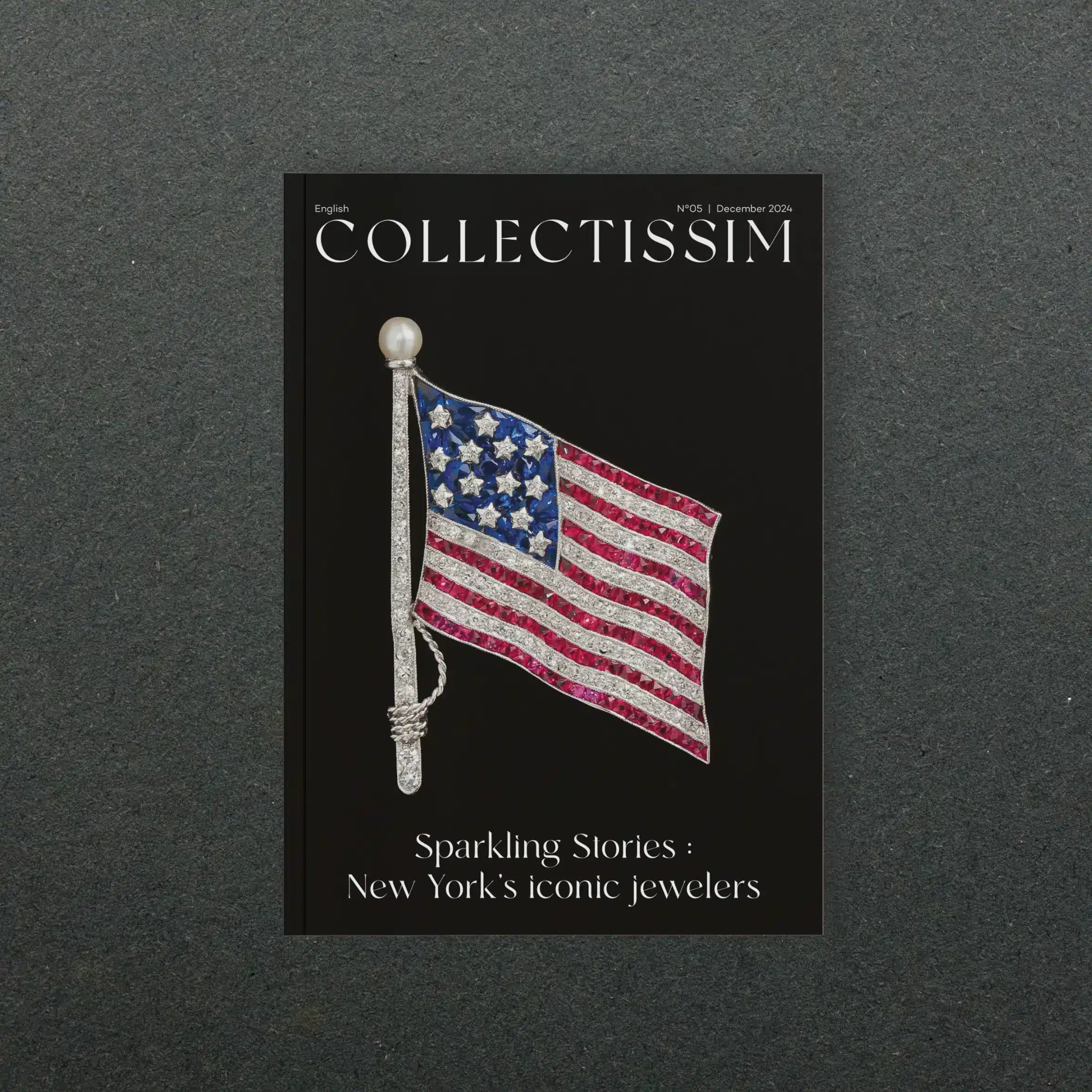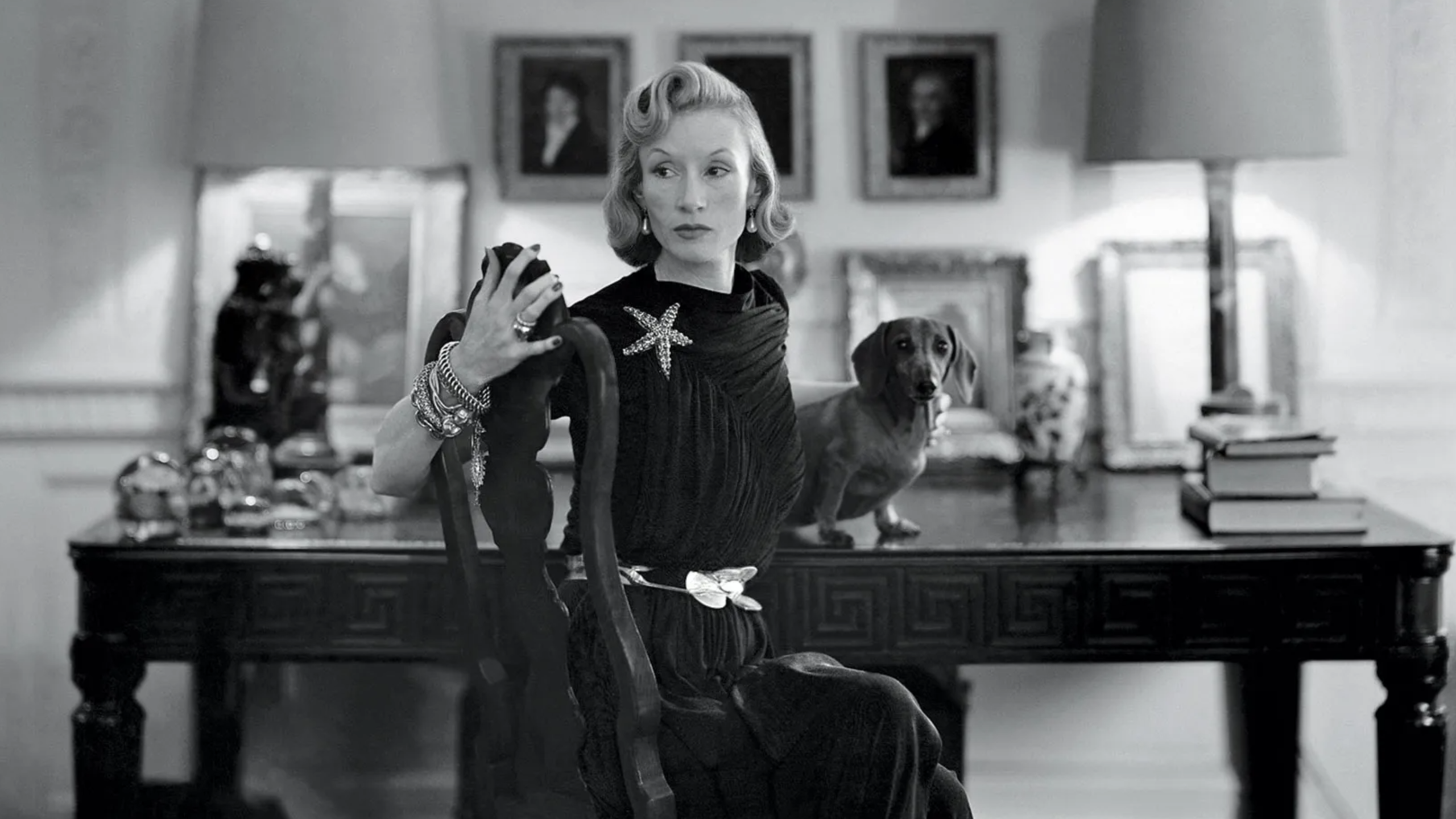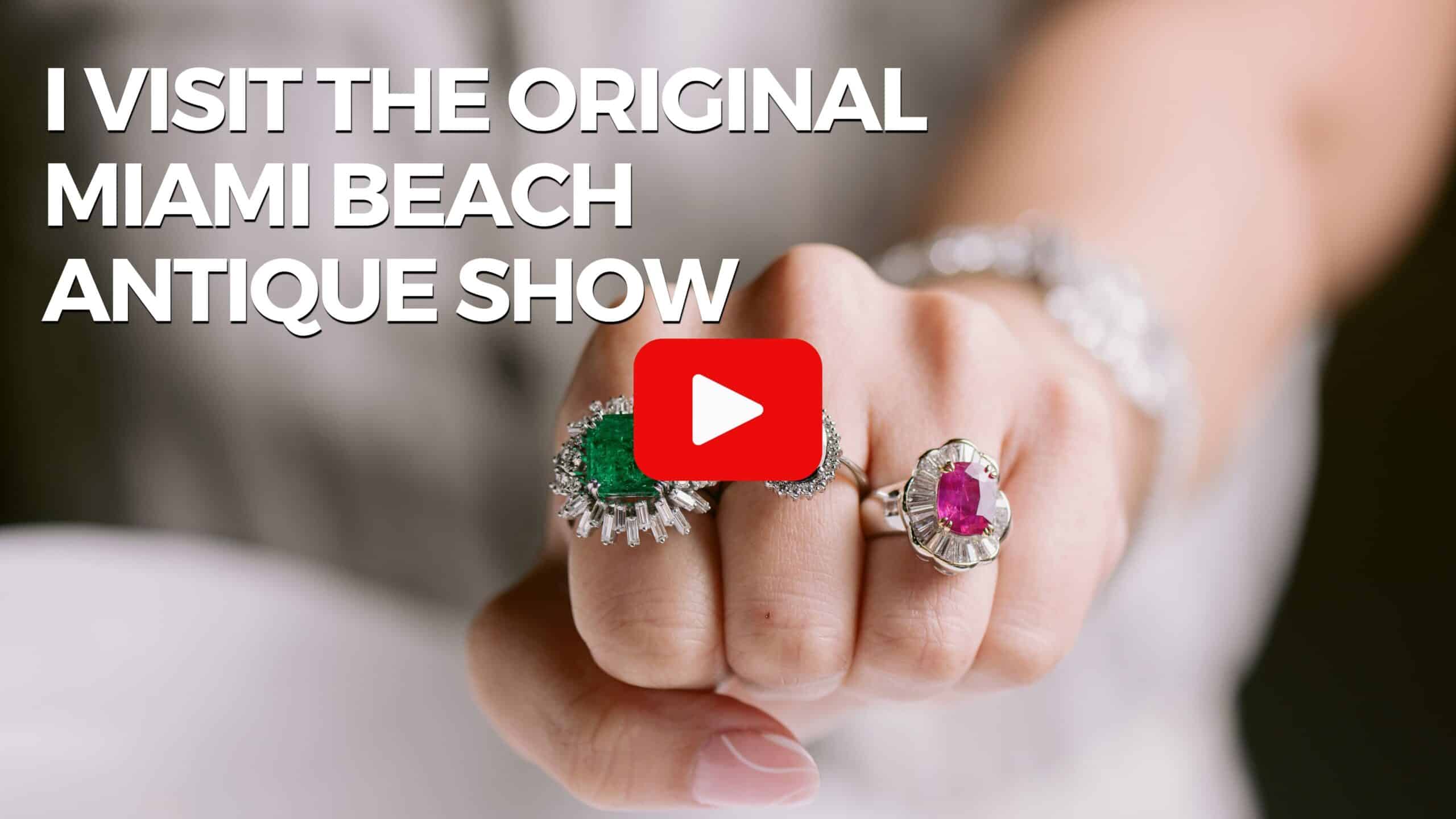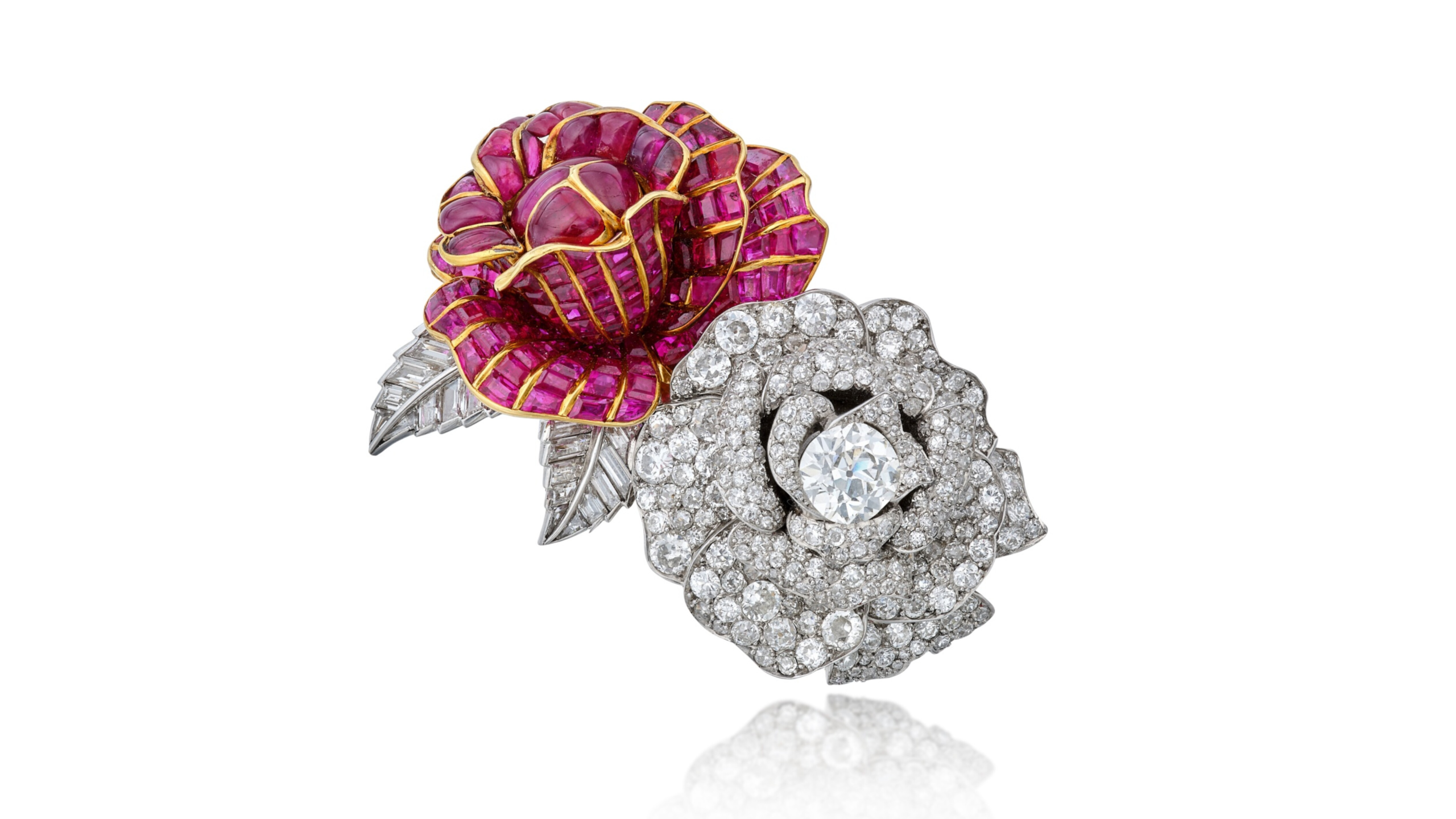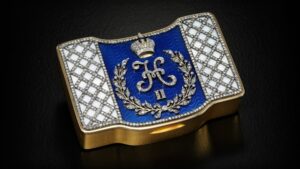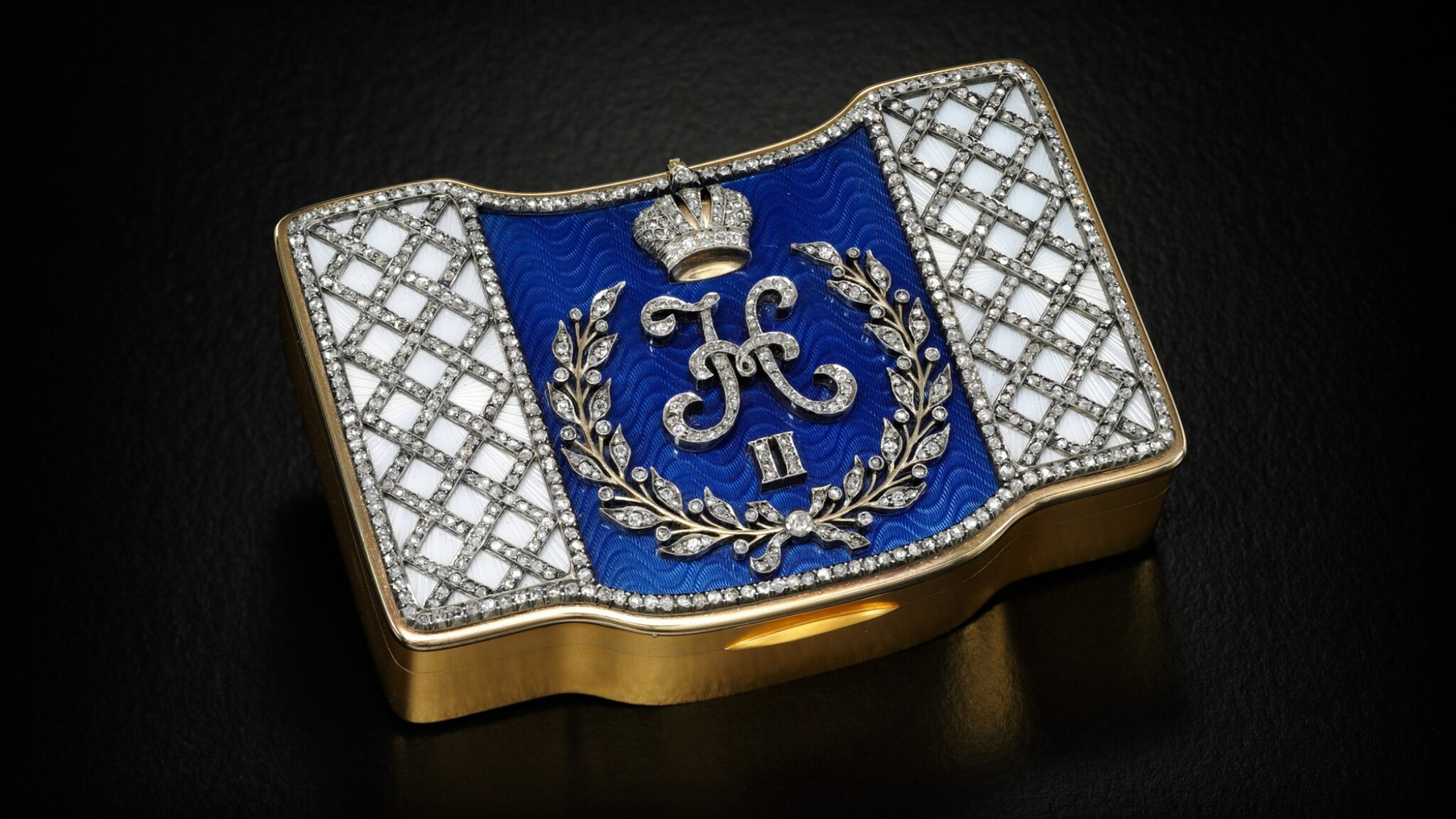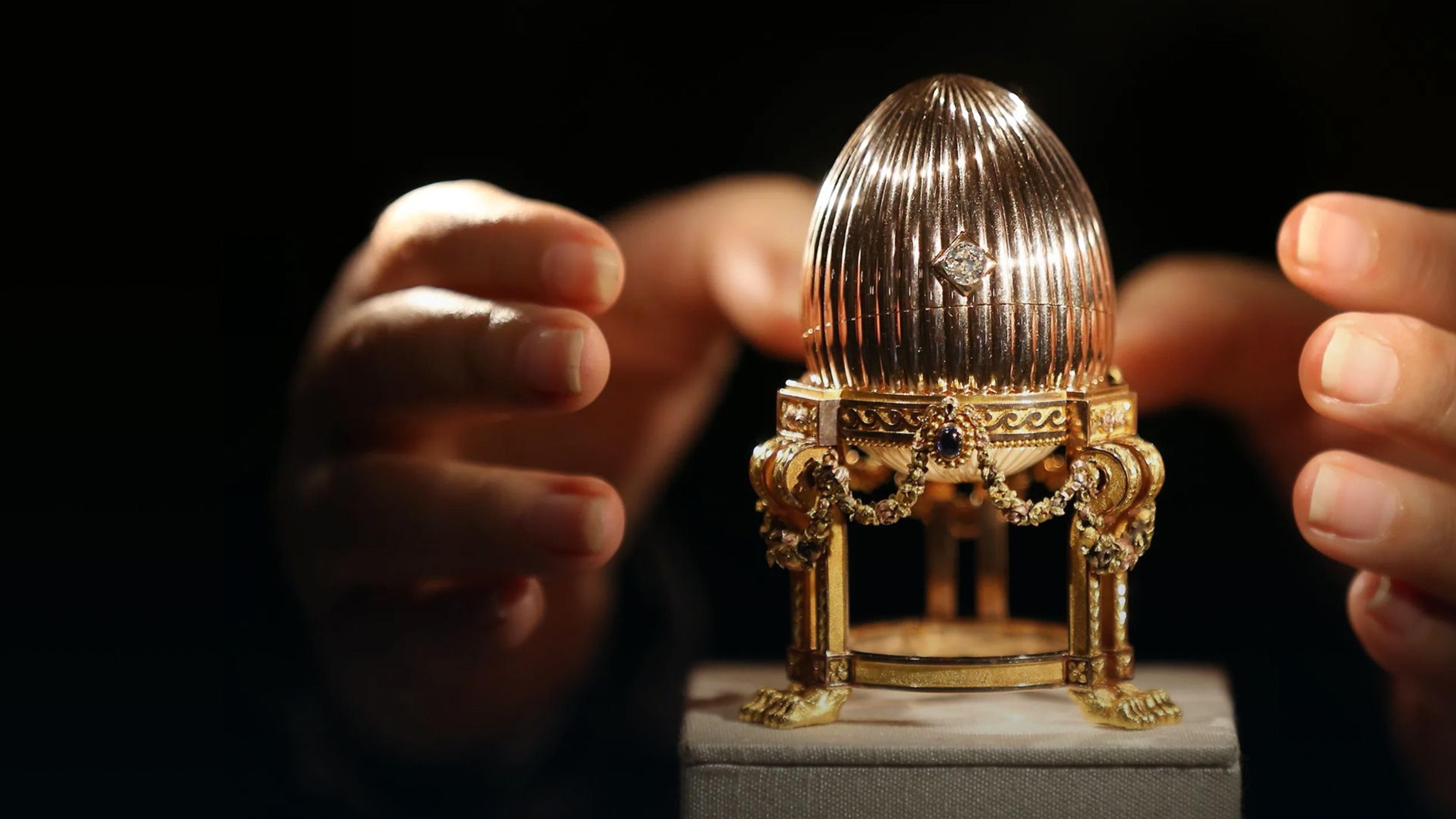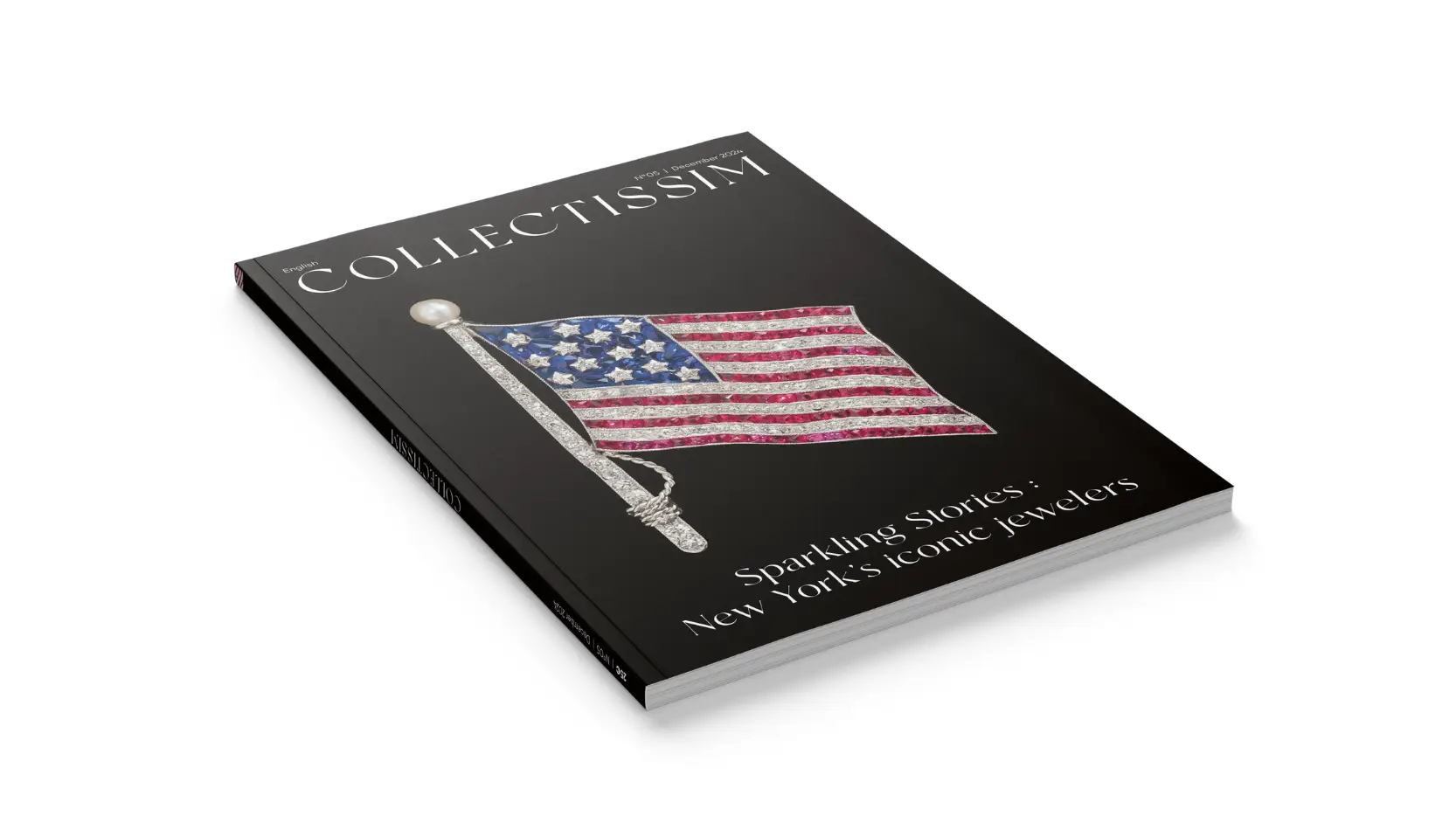Millicent Rogers, heiress to the Standard Oil empire and style icon, was a passionate jewelry collector. Among her treasures was this magnificent floral brooch by René Boivin, set with rubies and diamonds. This piece, auctioned at Sotheby’s, perfectly reflects the refined taste of Millicent Rogers, an avant-garde woman whose style marked the 1930s and 1940s.
This brooch by Boivin is distinguished by its bold floral design and its magnificent composition of rubies and diamonds of various sizes. This jewel is a true work of art, representing a perfect blend of finesse, modernity and sophistication. The workmanship of the gemstones is meticulous: the brilliantly colored rubies are accompanied by diamonds that add brilliance and depth to the piece. The brooch’s three-dimensional, organic design is characteristic of the unique style of Maison Boivin, which often drew inspiration from nature for its creations. This jewel, of undeniable beauty, perfectly embodies the avant-garde spirit of Millicent Rogers, who was always on the lookout for original, elegant jewelry.
Maison Boivin: An exceptional heritage
Founded in 1890, the Boivin jewelry house quickly became a reference for high-quality jewelry creations. René Boivin, with his pronounced taste for innovation, led his house with an avant-garde vision that took shape in bold creations, often inspired by nature. The all-female design team of the 1920s and 1930s was a key element in the company’s success, particularly under the leadership of Juliette Moutard and Suzanne Belperron. These designers combined tradition and modernity, and their work left its mark on the history of jewelry. Boivin has become an emblematic house for jewelry that combines aesthetics, originality and luxury, attracting the European and American elite.
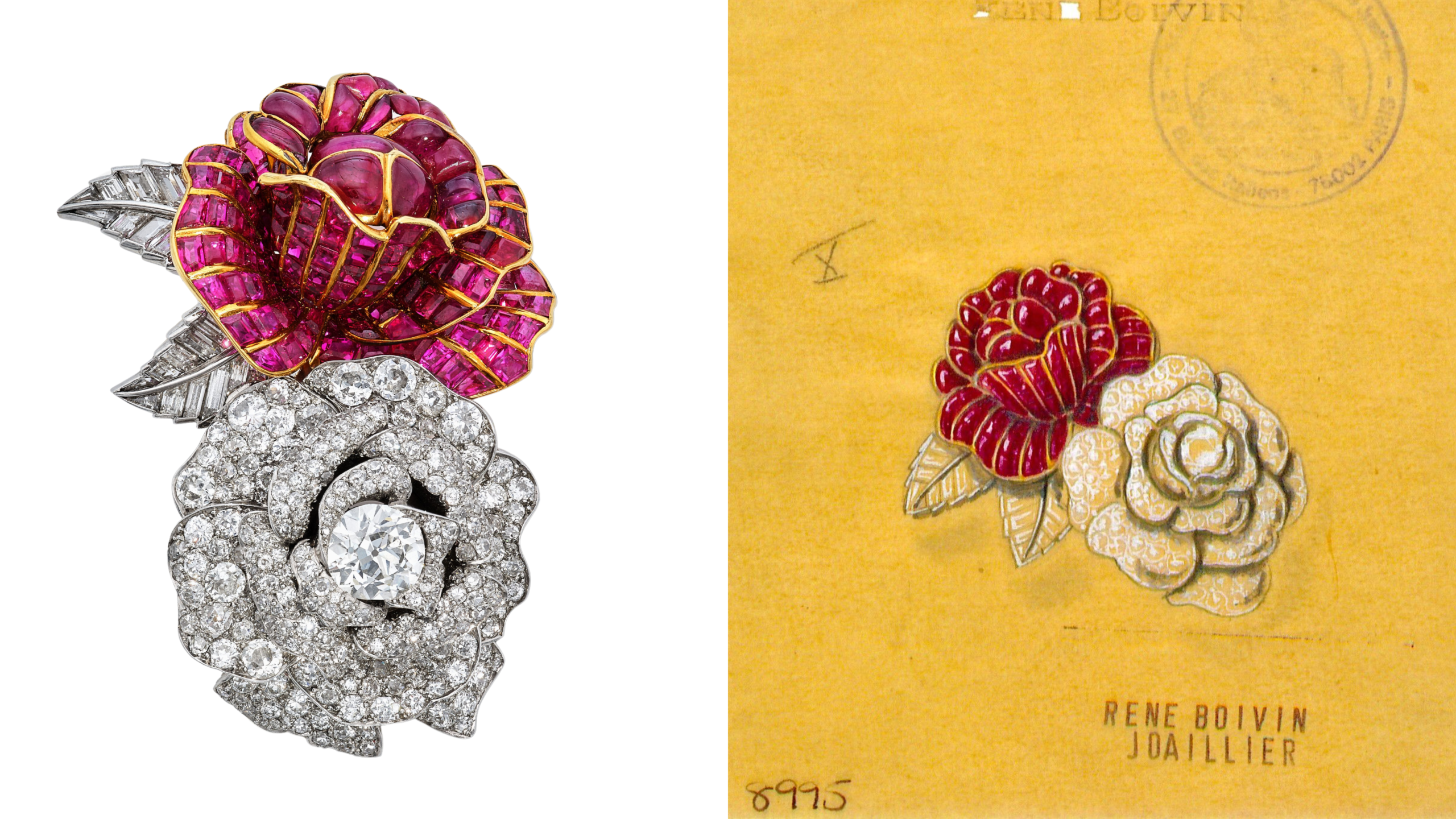
Millicent Rogers: A style icon
Millicent Rogers was a woman with an exceptional aura, whose unique style and love of jewelry made her one of the most influential personalities of the 20th century. Born into the Rockefeller family in 1902, she inherited an immense fortune, but it was her passion for art, fashion and jewelry that made her famous. Rogers traveled the world, notably living in Europe, where she crossed paths with the most famous designers of her time. Her taste for rare jewels and haute joaillerie pieces was legendary, and she was particularly drawn to bold, innovative creations.
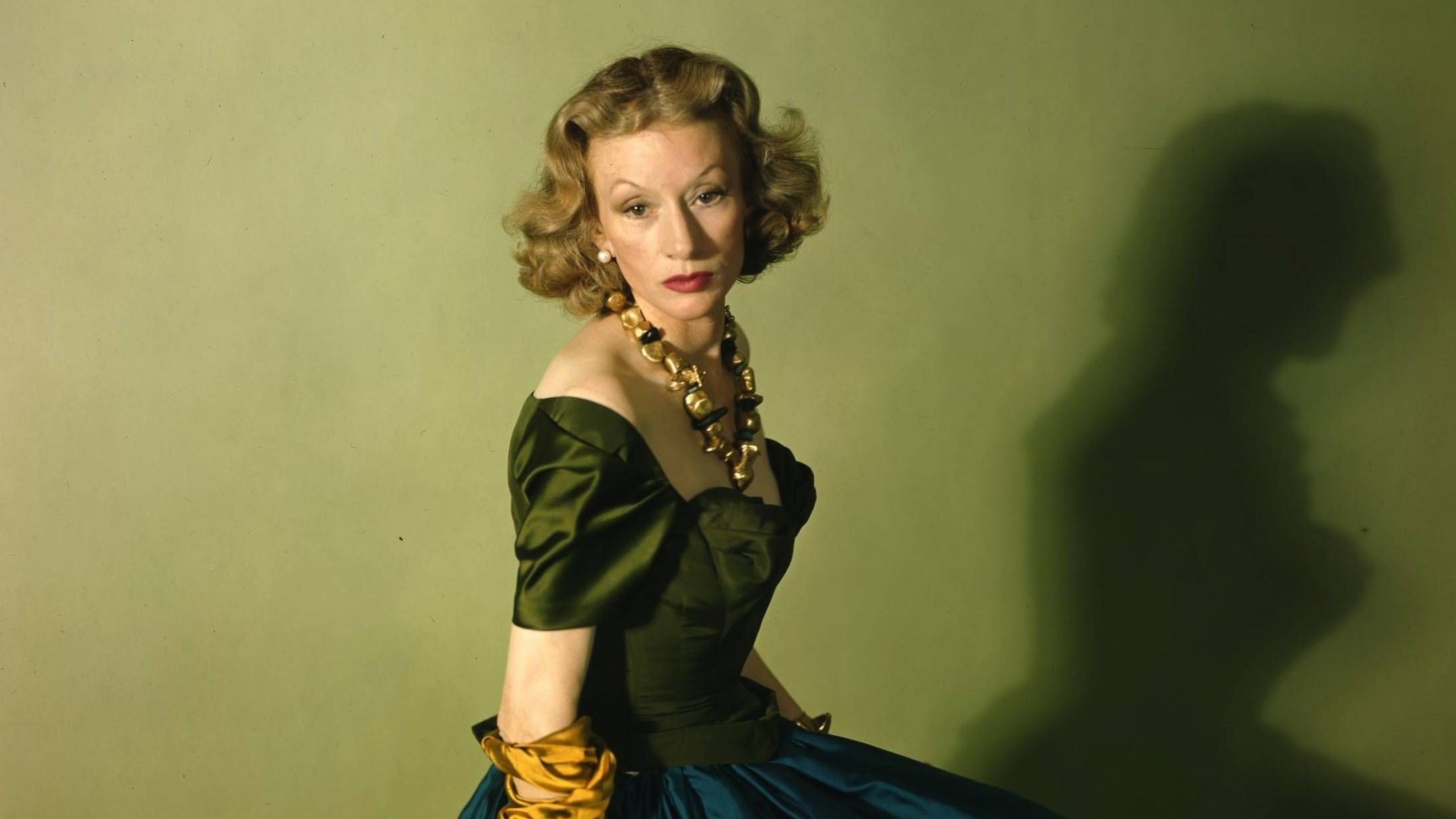
Her love for Native American jewelry, as well as her passion for pieces by designers such as Paul Flato, Schiaparelli and Boivin, made her an assiduous and respected collector worldwide. Her pieces were status symbols, but they also reflected her unique sense of style and desire for personal expression through her accessories. In addition to her jewelry collection, Millicent Rogers was also a committed activist for the cause of Native Americans, notably through her actions in favor of the rights of Native American peoples, and her involvement in the creation of the Taos Museum.
